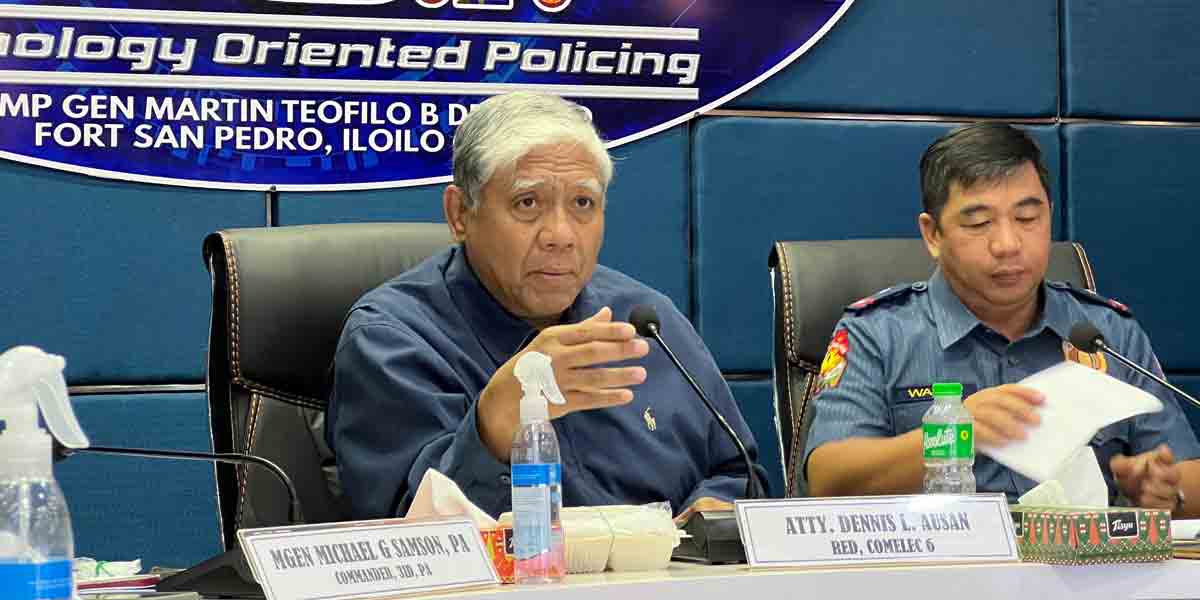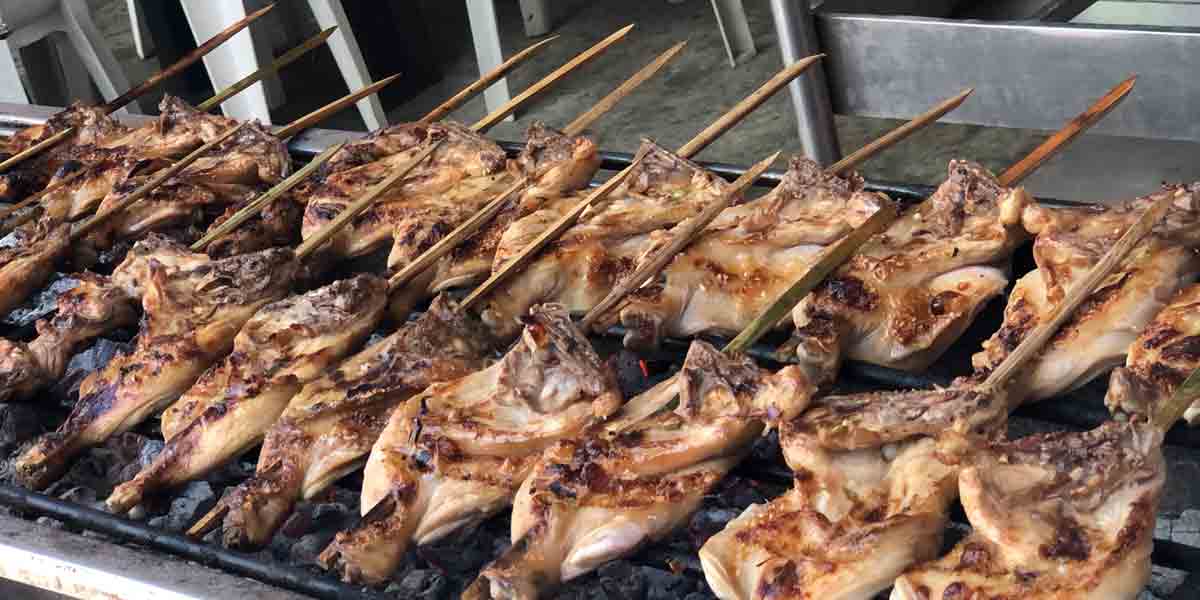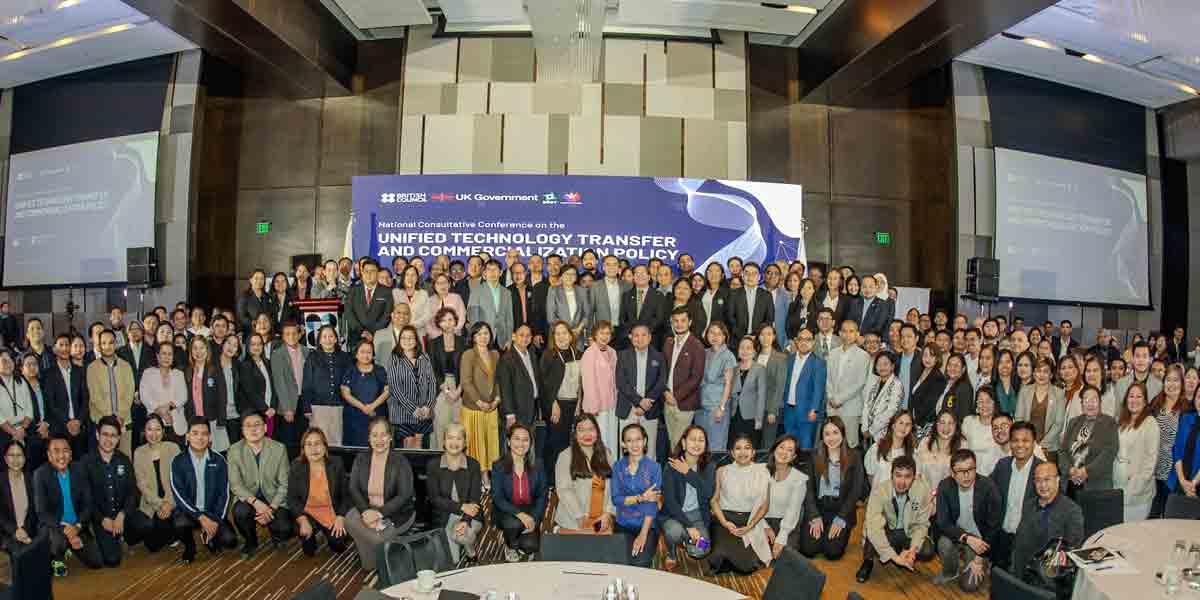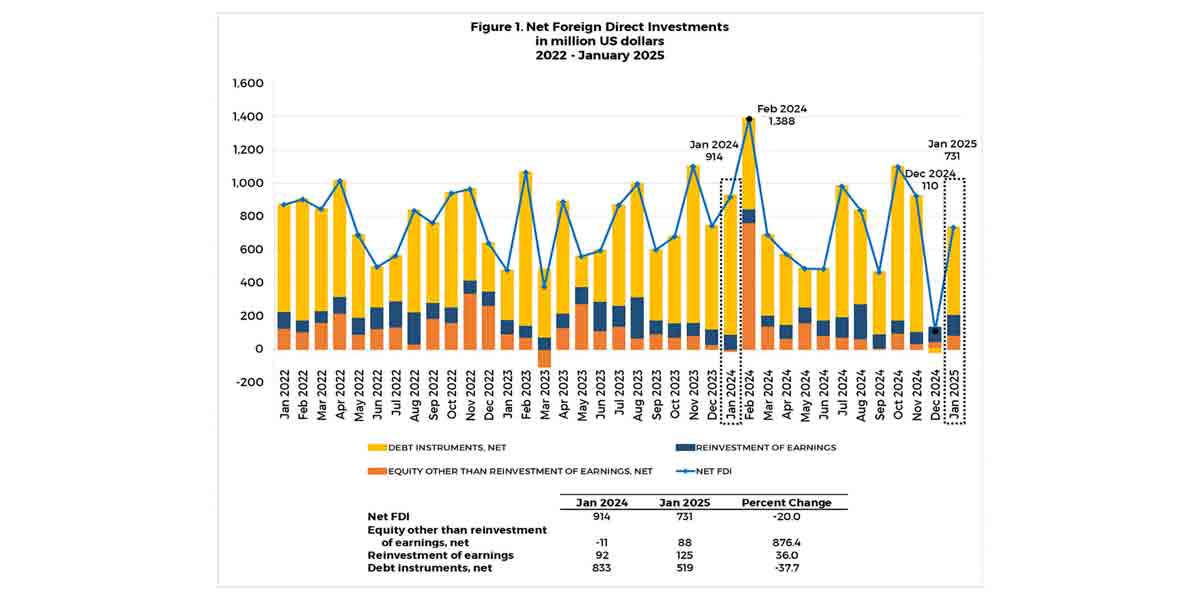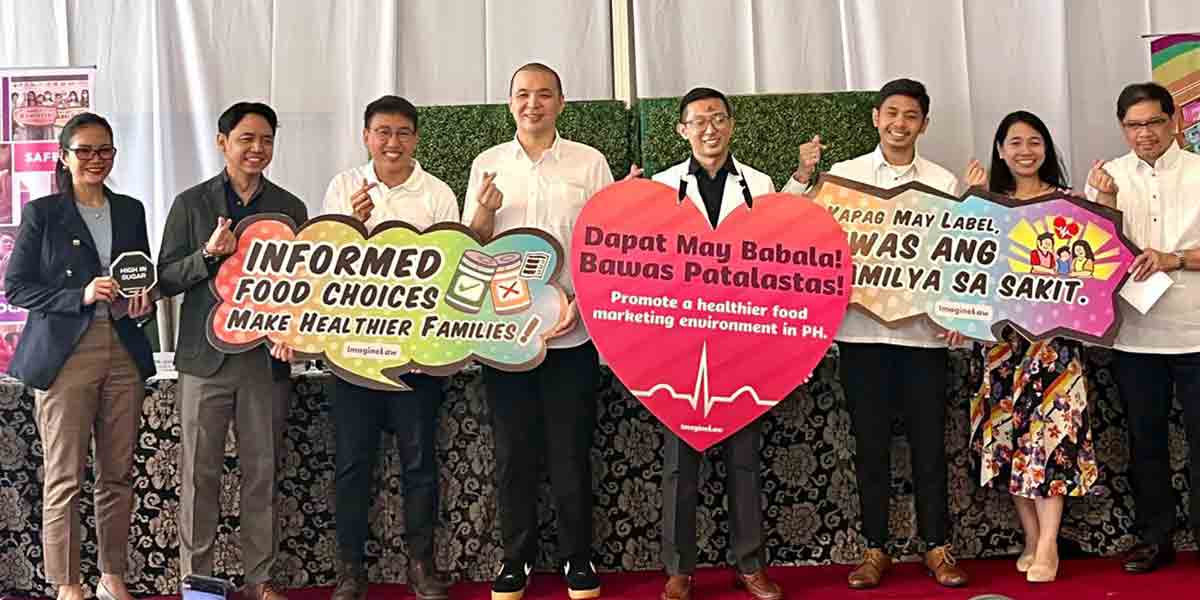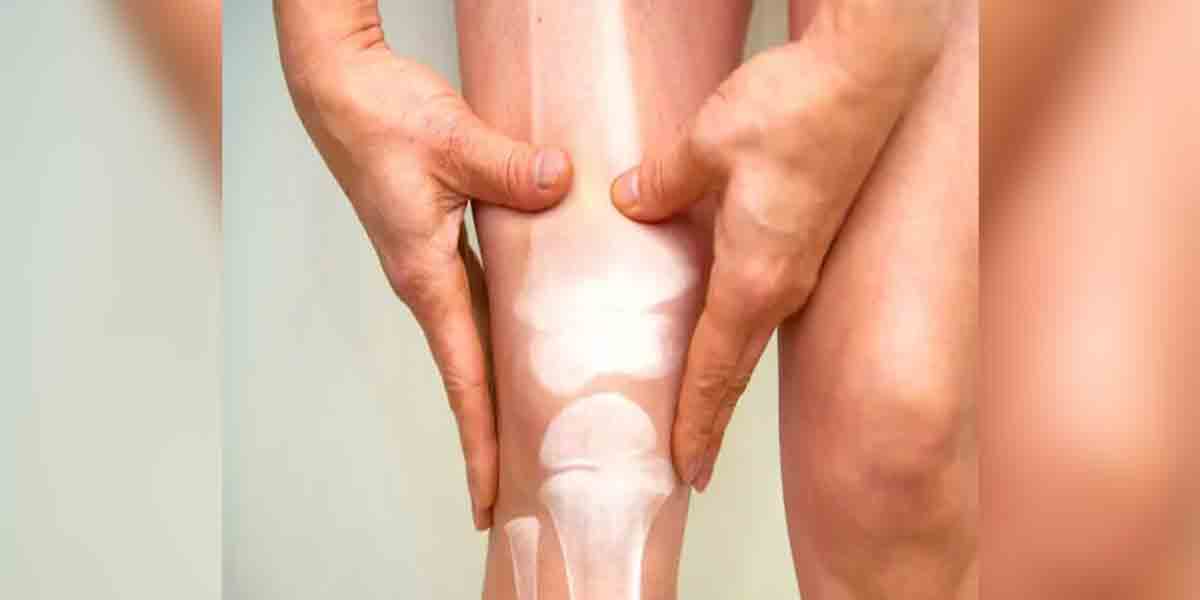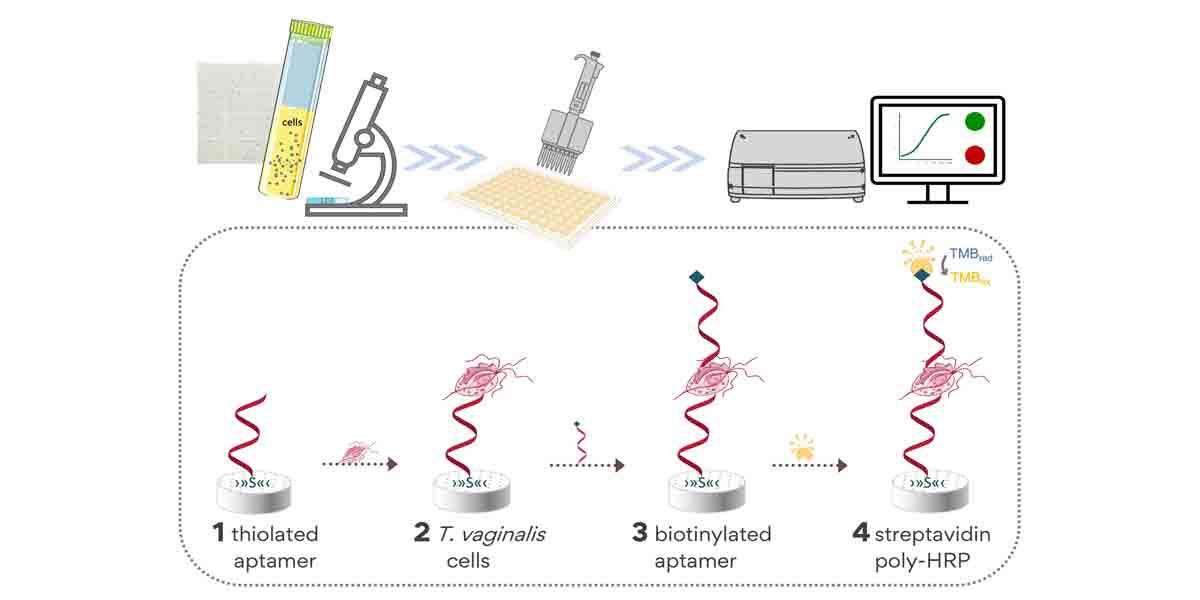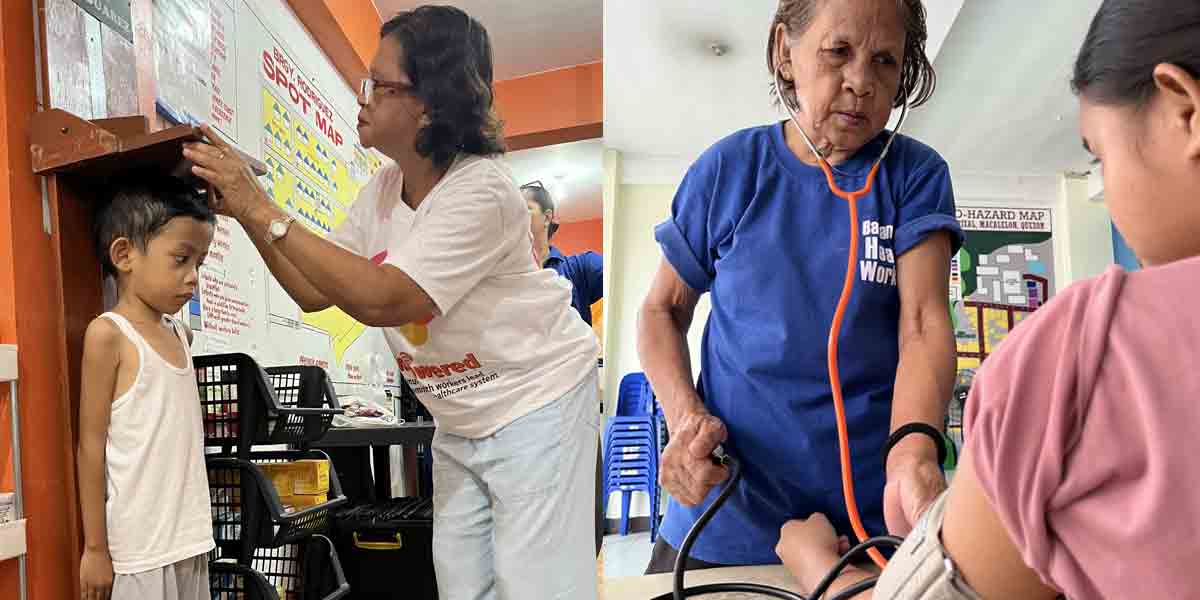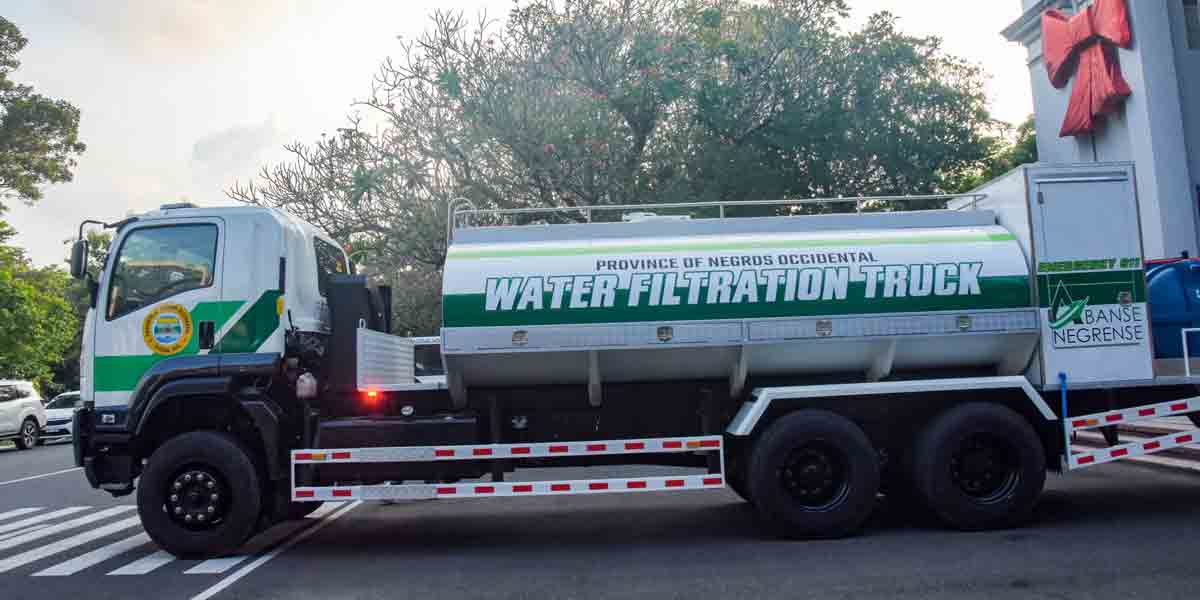
The Visayas cluster houses many research and development (R&D) projects under the Science for Change Program (S4CP) of the Department of Science and Technology (DOST).
S4CP has four (4) component programs – NICER, CRADLE, BIST, and RDLead. The impact and achievement of projects under the different programs in terms of overall regional development were showcased during the first leg of the S4CP Summits held in Bacolod City, Negros Occidental.
The Niche Centers in the Regions for R&D (NICER) Program which provides grants to qualified Higher Education Institutions (HEIs) in the regions so they can take on quality research focused at promoting regional development while utilizing resources and capabilities already in place. Projects under this program are collaborative between HEIs and have socio-economic impact in the region. NICER projects highlighted in the Visayas summit include the flora and fauna assessment project of Kapunungan sa Mag-uuma sa Yutang Lasangnon sa Bulalacao and Cebu Technological University (CTU), the Mollusk Center for R&D of the University of the Philippines (UPV), and the Eastern Visayas Center for Crustacean Research and Development of the Samar State University (SSU).
Aside from supporting HEIs, S4CP enables Filipino private companies to likewise undertake research in partnership with the academe or a Research and Development Institute (RDI) to improve its products, processes, and services for improved competitiveness in their respective industries through the Collaborative R&D to Leverage the Economy (CRADLE) Program. Some of the CRADLE projects in the Visayas are that of Herbanext Laboratories Inc. in partnership with the University of San Agustin (USA) on standardized Tawa-tawa, Ephrathah Farms in partnership with the Iloilo Science and Technology University (ISAT-U) on smarter hydroponics, the Carageenan Research and Development Laboratory of the MCPI Corporation in partnership with the University of San Carlos (USC), and Tacloban City Lechon Industry Association in collaboration with the Eastern Visayas State University’s (EVSU) for a project on reworking of processed meat.
Additionally, the Business Innovation through Science and Technology for Industry (BIST) Program is also a program that support private institutions. The program provides financial assistance to Filipino private companies to purchase high-tech equipment or to secure technology licensing and/or patent rights so that they can undertake R&D. The assistance will be refunded to DOST at zero percent interest. The first BIST is Herbanext Laboratories’ project on semi-purification of crude plant extracts.
Lastly, the S4CP believes that it is vital to empower the R&D human resource. Through its program, R&D Leadership (RDLead), research capabilities of the academe, RDIs, and other government agencies nationwide are developed. Local S&T experts or so-called RDLeaders with strong leadership and innovative policy proficiencies are engaged to train, and direct and support the different institutions in their R&D goals. Some of the RDLeaders in the Visayas are Dr. Gerald F. Quinitio from UPV, Dr. Esperanza Agoo from De La Salle University (DLSU), and Dr. Argel Bandala.
During the Visayas summit, three (3) out of the four awardees hail from Western Visayas. These are the project “Standardized and Safe Tawa-tawa: Filling in the Final Gaps for a Clinically proven Nutraceutical Product” for the Industry-Academe Award accepted by project leader Dr. Jonel P. Saludes of USA, Dr. Marco Nemensio E. Montaño for the R&D Leadership Award, and Herbanext Laboratories Inc. for the BIST Award accepted by CEO Philip S. Cruz. Meanwhile, Central Visayas R&D Center for Biodiversity from Region VII bagged the Outstanding R&D Center accepted by program leader Dr. Archiebald Baltazar B. Malaki from CTU.
As a result of the S4CP, several national centers for R&D have emerged and R&D inequality has been reduced across the country. In addition, there are 41 NICERs, 86 CRADLE projects across 10 regions and 4 BIST projects, and 66 RDLeaders across 17 regions. DOST believes that with the positive impact created by the S4CP, R&D in the country has significantly improved as reflected on the Global Innovation Index (GII). (KRJGagajena/DOSTVI-KMU)


